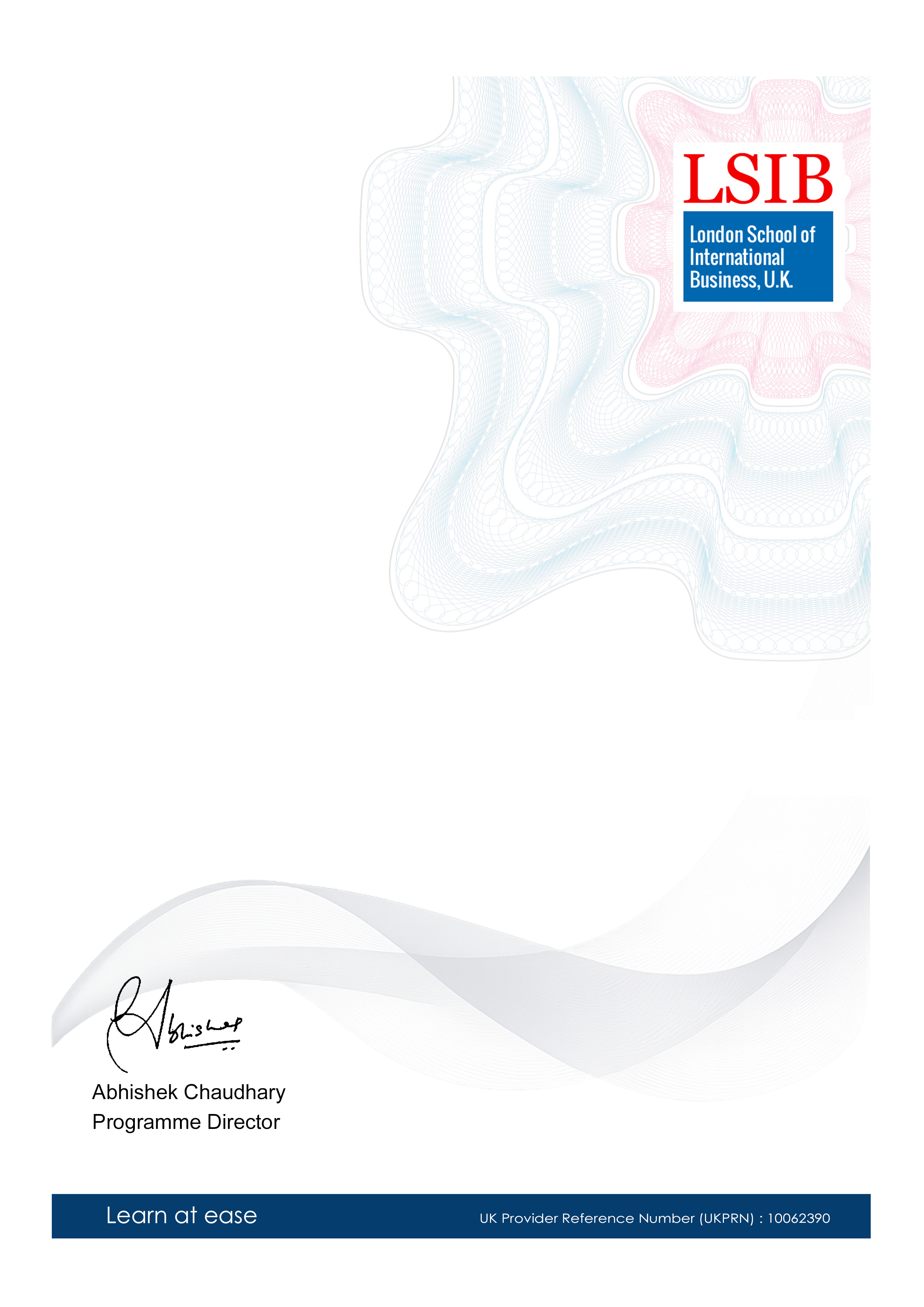Advanced Certificate in Behavioral Economics for Eating Disorders
-- viewing nowBehavioral Economics for Eating Disorders: This advanced certificate equips healthcare professionals with cutting-edge tools to understand and treat eating disorders. Target audience includes psychologists, dietitians, therapists, and other clinicians working with patients struggling with anorexia, bulimia, binge eating, and related disorders.
7,283+
Students enrolled
GBP £ 140
GBP £ 202
Save 44% with our special offer
About this course
100% online
Learn from anywhere
Shareable certificate
Add to your LinkedIn profile
2 months to complete
at 2-3 hours a week
Start anytime
No waiting period
Course details
• Behavioral Economics of Food Choice and Consumption
• Cognitive Biases and Decision-Making in Eating Disorders
• The Role of Emotions and Stress in Eating Behaviors
• Intervention Strategies Based on Behavioral Economics
• Economic Factors and Social Influences on Eating Disorders
• Ethical Considerations in Behavioral Economic Interventions
• Measurement and Assessment in Behavioral Economics Research for Eating Disorders
Career path
| Career Role | Description |
|---|---|
| Behavioral Economist (Eating Disorders) | Conducting research, developing and evaluating interventions, and advising policymakers on issues related to eating disorders. High demand for expertise in behavioral economics within healthcare. |
| Health Psychologist (Eating Disorders) - Behavioral Economics Focus | Applying behavioral economics principles to design and deliver evidence-based psychological therapies for eating disorders, integrating economic incentives and choice architecture. Growing career path with excellent job prospects. |
| Registered Dietitian (Eating Disorders) - Behavioral Economics Integration | Providing nutritional guidance alongside behavioral economic strategies, using insights into decision-making to improve treatment adherence and long-term outcomes. Increasing demand for interdisciplinary professionals. |
| Public Health Specialist (Eating Disorders Prevention) - Behavioral Economics Perspective | Designing and implementing public health campaigns and policies to prevent eating disorders, informed by behavioral economic principles for effective communication and behavior change. Strong focus on cost-effectiveness and program evaluation. |
Entry requirements
- Basic understanding of the subject matter
- Proficiency in English language
- Computer and internet access
- Basic computer skills
- Dedication to complete the course
No prior formal qualifications required. Course designed for accessibility.
Course status
This course provides practical knowledge and skills for professional development. It is:
- Not accredited by a recognized body
- Not regulated by an authorized institution
- Complementary to formal qualifications
You'll receive a certificate of completion upon successfully finishing the course.
Why people choose us for their career
Loading reviews...
Frequently Asked Questions
Course fee
- 3-4 hours per week
- Early certificate delivery
- Open enrollment - start anytime
- 2-3 hours per week
- Regular certificate delivery
- Open enrollment - start anytime
- Full course access
- Digital certificate
- Course materials
Get course information
Earn a career certificate

